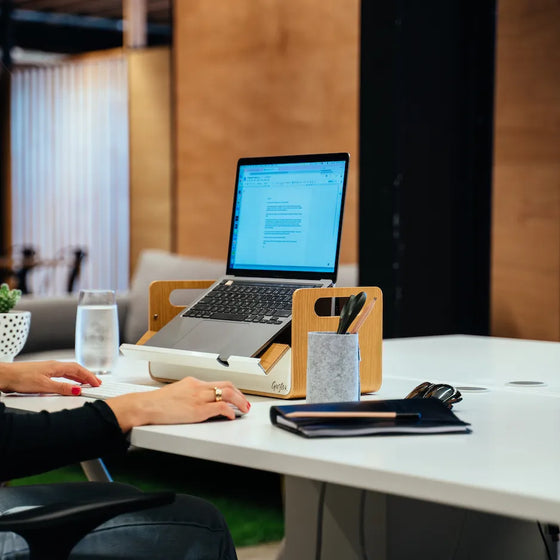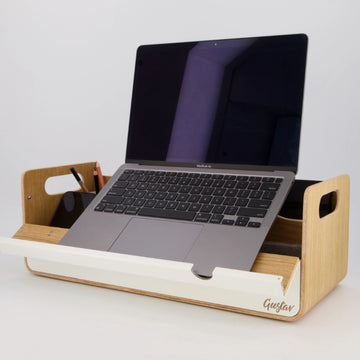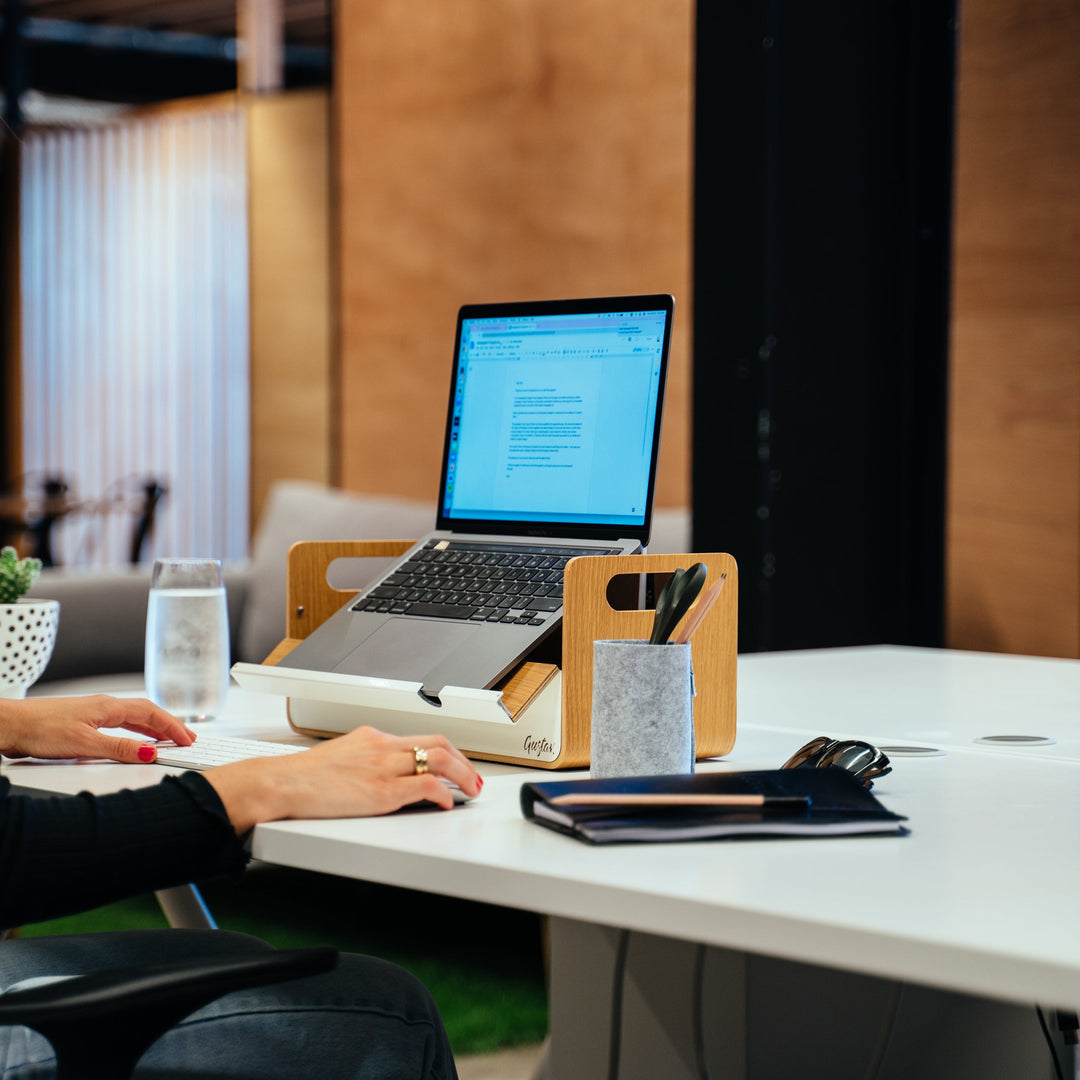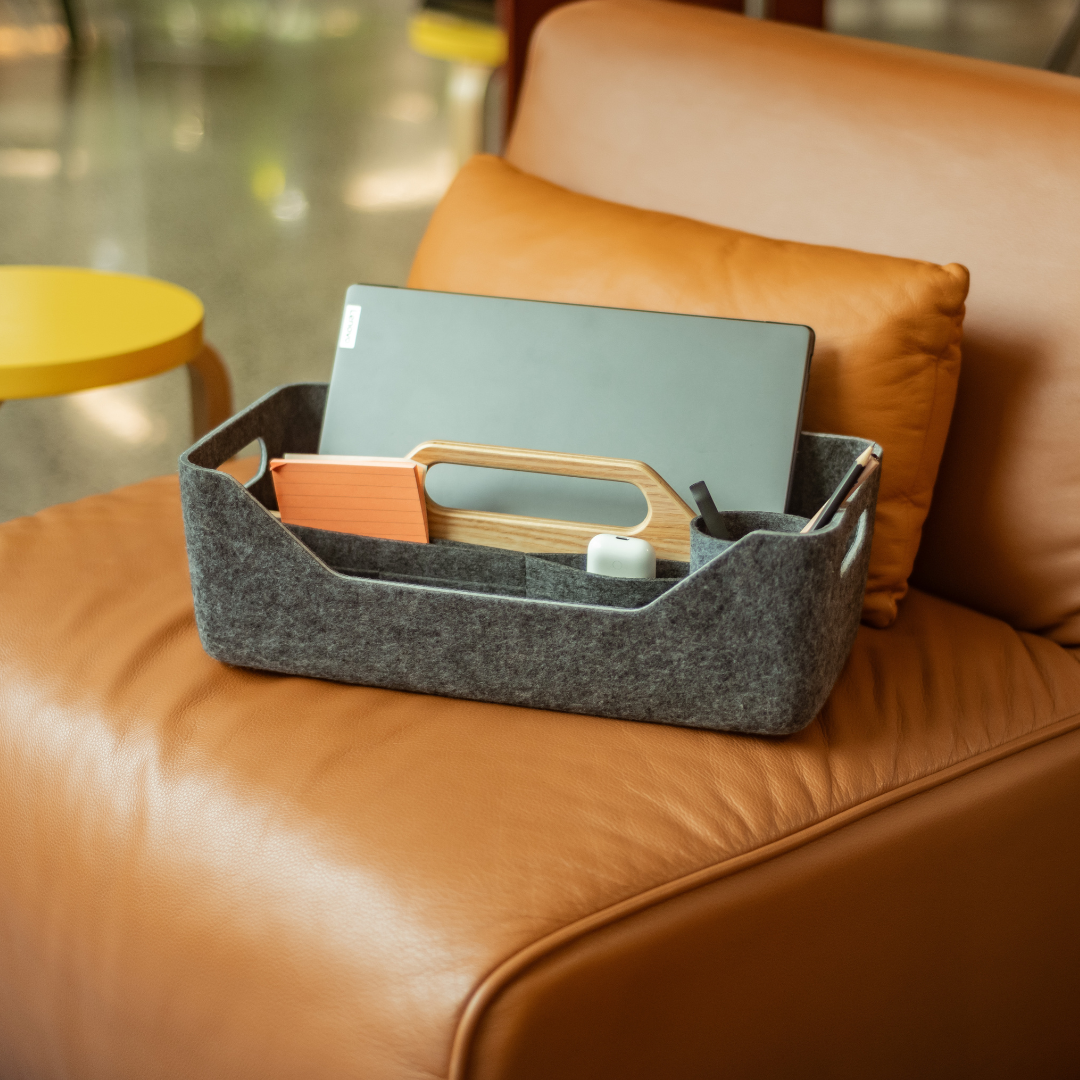Clean Desk, Clear Mind
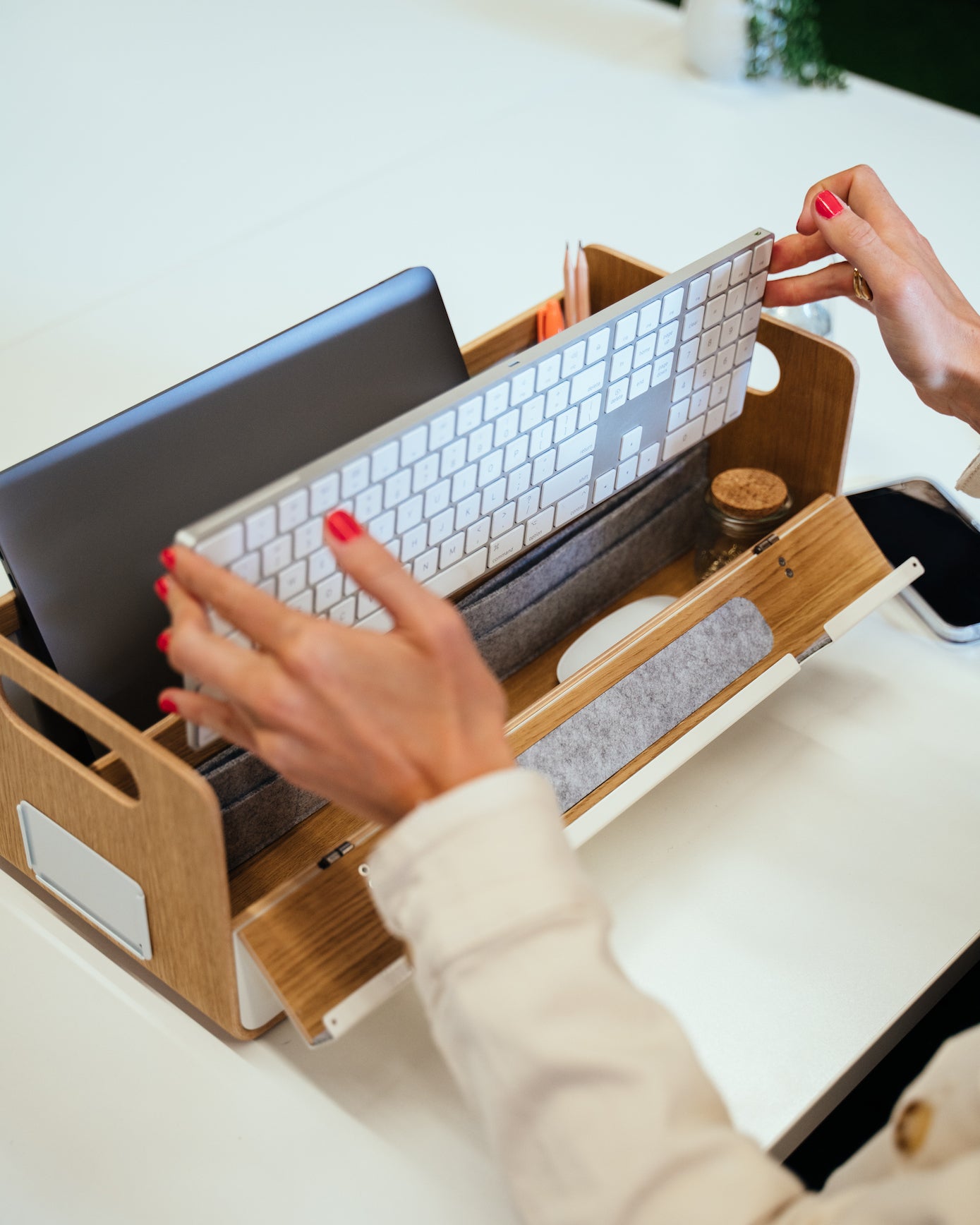
Activity-based working and desk sharing are two office concepts that have become increasingly popular in recent years. Both aim to increase efficiency, flexibility, and collaboration in the workplace. However, they require a clean desk policy to be effectively implemented.
Activity-based working is a flexible office concept that allows employees to choose where they work based on their tasks for the day. Instead of being assigned a specific desk, employees have access to a variety of workspaces, including private offices, meeting rooms, and collaborative spaces. This approach encourages employees to move around and work in different environments throughout the day, depending on their needs. For example, an employee might work in a quiet space for focused work in the morning, move to a collaborative space for team meetings in the afternoon, and then work from home for the rest of the day.
Desk sharing, on the other hand, is a concept in which multiple employees use the same desk at different times. With desk sharing, employees can reserve a desk for a specific time, ensuring that they have a workspace when they need it.
Both activity-based working and desk sharing require a clean desk policy to be successful. A clean desk policy is a set of guidelines that encourage employees to clear their desks of all personal items at the end of the workday. This policy ensures that the workspace is clear and ready for the next person to use it.
Here are some tips for implementing a clean desk policy in an activity-based working or desk sharing environment:
-
Communicate the policy clearly: Make sure that all employees understand the importance of the policy and the consequences of non-compliance.
-
Provide storage solutions: Provide lockers, desk caddies, or organziers where employees can store their personal items during the workday. Ideally, mobile desk carriers like Gustav can be moved with you through the office and personalize each desk. Including a laptop stand like with Gustav Original will enable workers to work ergonomically correct, anywhere.
-
Implement a regular cleaning schedule: Set a schedule for regular cleaning of shared desks and workspaces to ensure that they are always clean and ready for use.
-
Use labeling: Use labeling systems to help employees quickly identify the desk or workspace they have reserved and to prevent confusion.
-
Don't underestimate the need to personalise a desk. Desk organizers like Gustav can help people to set up for a time and personalize the area according to their needs.
-
Lead by example: Encourage management and team leaders to lead by example by clearing their desks at the end of the day.
In conclusion, activity-based working and desk sharing are innovative office concepts that can promote collaboration and flexibility in the workplace. However, they require a clean desk policy to be successful. By communicating the policy clearly, providing storage solutions, implementing a regular cleaning schedule, using labeling, and leading by example, companies can create a clean and efficient workspace that benefits everyone
Want to know more about how to implement Desk Sharing concept successfully? Read More


